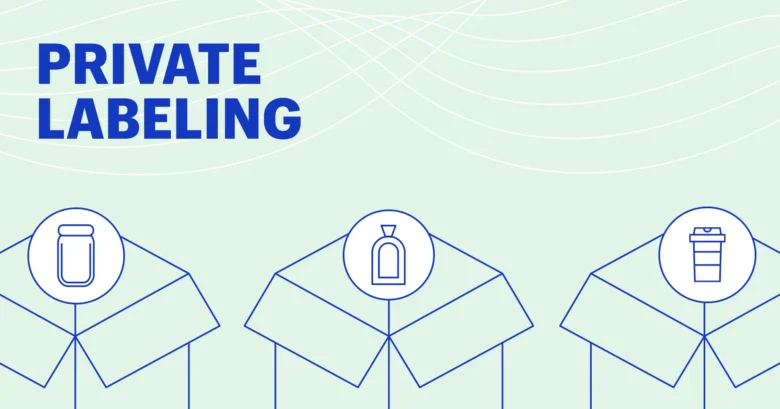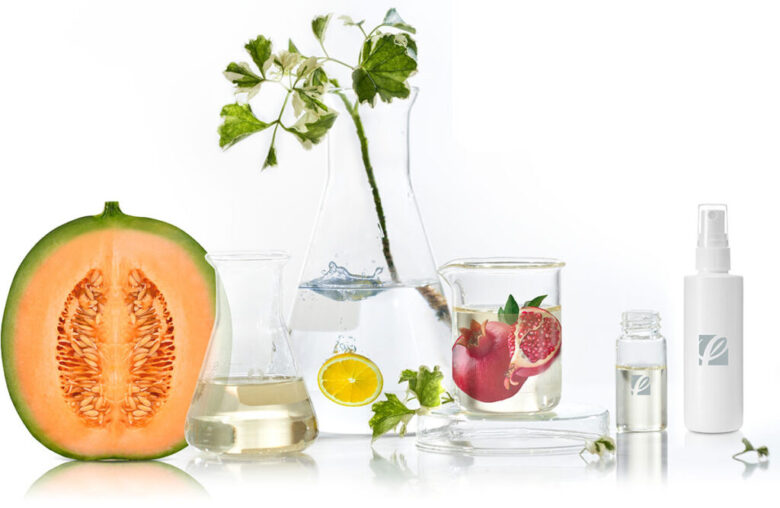When it comes to developing and marketing a product, there are two main options available: private labeling and custom formulations. While both have their pros and cons, deciding which is right for your business will depend on a variety of factors, including your goals, budget, and target market.
What is Private Labeling?

Private labeling is a practice commonly used in the manufacturing and retail industries. It involves purchasing pre-made products from a manufacturer and then branding them as your own. In the beauty and skincare industry, private label skin care wholesale is a popular option for businesses looking to offer a variety of products under their own brand name without the cost of creating unique formulas from scratch. With private label skin care wholesale, businesses have the ability to offer a range of products, such as moisturizers, serums, and cleansers, that have already been developed and tested by the manufacturer. These products can then be customized with unique packaging, labeling, and branding to reflect the business’s brand and messaging. Private labeling provides businesses with a cost-effective way to enter the skincare market and offer a range of products under their own brand name, without the need for extensive research and development.
Pros of Private Labeling
Private labeling is a popular option for businesses looking to enter the market with their own branded products. This practice offers a variety of advantages, including:
- Lower cost: One of the biggest advantages of private labeling is that it is a cost-effective way to enter the market. Since the product has already been developed, businesses do not have to invest in extensive research and development, saving both time and money.
- Faster time-to-market: Private labeling allows businesses to enter the market quickly. Since the product has already been developed, there is no need for extensive testing and formulation work, allowing for a faster time-to-market.
- Established product: With private labeling, businesses are purchasing a product that has already been developed and has an established track record of success. This reduces the risk of investing in a product that may not perform well in the market.
- Customizable: Despite using a pre-made product, private labeling still allows for customization. Businesses can choose to customize the packaging, labeling
Cons of Private Labeling
- Lack of control: With private labeling, you have limited control over the product itself since it has already been developed.
- Limited differentiation: Since the product is not unique to your brand, it can be challenging to differentiate your offering from competitors.
- Quality control: Without control over the manufacturing process, there is a risk of quality control issues that could damage your brand’s reputation.
What are Custom Formulations?

Custom formulations involve creating a unique product from scratch. This includes developing the formula, designing the packaging, and creating branding that reflects your brand’s values and messaging.
Pros of Custom Formulations
- Unique product: With custom formulations, you have the ability to create a product that is unique to your brand, which can help differentiate you from competitors.
- Control over the product: Since you are developing the product from scratch, you have complete control over its formulation, ingredients, and packaging.
- Flexibility: With custom formulations, you have the ability to create a product that is tailored to your target market’s specific needs and preferences.
Cons of Custom Formulations
- Higher cost: Since custom formulations require extensive development and testing work, they are typically more expensive than private labeling.
- Longer time-to-market: Developing a custom formulation can be a time-consuming process, which can delay your time-to-market.
- Higher risk: With custom formulations, there is a risk that the product may not be well-received by your target market, which could result in significant losses.
Which is Right for You?

Determining which option is right for your business will depend on several factors, such as your goals, budget, target market, and timeline.
If your business is just starting or has a limited budget, private labeling may be the better option. This approach allows you to offer a range of products under your own brand name without the need for extensive research and development. You can choose from pre-made products that have been developed and tested by the manufacturer, customize them to fit your brand and messaging, and launch them quickly. This approach is ideal for businesses that want to enter the market quickly and with minimal investment.
However, if you’re looking to differentiate your products and have complete control over their development, custom formulations may be the better option. This approach allows you to create unique products tailored to your target market’s specific needs and preferences. You can work with a manufacturer to develop a product from scratch, ensuring that it meets your exact specifications. While this approach is more expensive and takes longer to bring to market, it can result in a product that stands out from competitors and meets the specific needs of your customers.
Conclusion
In conclusion, private labeling and custom formulations both have their pros and cons and deciding which is right for your business will depend on a variety of factors. Private labeling offers a cost-effective and efficient way to enter the market quickly with an established product, but with limited control over the product itself. Custom formulations, on the other hand, allow for complete control over the product’s development and can offer a unique product tailored to your target market’s specific needs and preferences, but at a higher cost and longer time-to-market.
When making this decision, it is essential to consider your business goals, budget, and target market carefully. Businesses looking to offer a range of products under their own brand name without the cost of creating unique formulas from scratch may benefit from private-label skin care wholesale, while businesses looking to differentiate their products and have complete control over their development may choose custom formulations.
Ultimately, it is crucial to weigh the pros and cons of each option and consider the potential risks and rewards. By taking the time to carefully evaluate your options and make an informed decision, you can create a product that meets the needs of your target market, drives your business forward, and sets you apart from your competitors.

